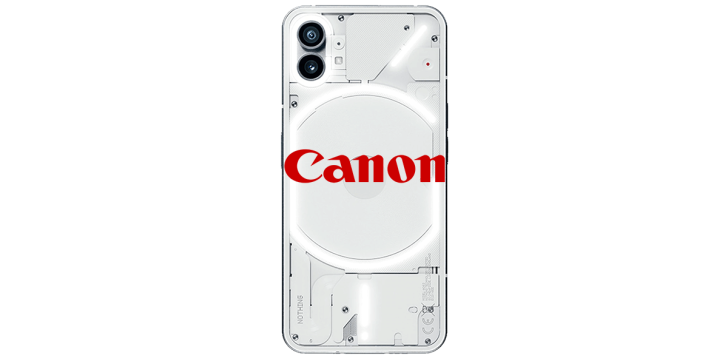A few weeks ago reports came out that Canon was looking for a smartphone partner to help with branding and mobile technology. While not much was said from Canon themselves, we have been told that the idea has made it's way down the chain at Canon and it's an active project.
The biggest question is obviously? Which phone maker would it be?
Xiaomi seems to have a very strong relationship with Leica, as we'll see how things go with the upcoming Xiaomi 13 Ultra. While Xiaomi is a household name in most of the world, it's not as well known in the United States.
Oppo is working with Hasselblad/DJI, and Vivo is currently partnered with Zeiss. With Zeiss leaving the photography market, the future of that collaboration may not be set.
Huawei is a brand that is popular outside the G7, but there have been a lot of restrictions placed on the brand, so they are probably out of the conversation.
That leaves the two global giants, Apple and Samsung. I can't see either of them wanting to bring an outside brand into the mix. I don't really think either of them need it, unless there is some kind of technology that Canon has, that would shake things up. Google and the Pixel line, while they make some great devices, I also can't see Google letting go of some level of control.
That brings us to the rest of the brands that make up a pretty small percentage of the market share combined. One could bring up Asus, Motorola, Honor and OnePlus… which again doesn't seem like a strong move for Canon.
The only other brand that we can think of, and a brand that may have some strange/unique things up their sleeves in the future is Nothing. They have very little market share and global reach, but they seem to be a relatively interesting smartphone manufacturer to keep an eye one, because let's be honest, most of that space has become a little bit stale.
If you did go with a company like Nothing, it would definitely be a long-term strategy, there is a lot to do at that brand, and it would require significant investment from Canon.
We also wonder if wanting this type of partnership is to help grown Canon's OEM sensor business that is absolutely dominated by Sony.
The other question that we don't have an answer for, does camera branding on smartphones bring in more sales for the smartphone manufacturer?
I'm sure we're going to hear more talk about this in the future, as we do believe it would be a pretty good idea if the right situation presents itself. The wrong one? Time will tell.


Since all SP are already set with lenses and such, I don't believe this rumor is real.
Having Canon certified iPhone cameras and Apple certified connectivity in cameras would be a marketing plus for both companies. Canon has struggled to replace its once highly lucrative point-and-shoot market and a partnership with Apple would give them invaluable insights to develop products that appeal to the iPhone generation, especially if those products can be directly integrated into the iPhone ecosystem.
And, while it isn't about the technology, the research and development they both invest heavily in is valuable to the other, without being overly duplicative.
I don't think most consumers care what type of image sensor is in their mobile device. These are people that want the convenience pointing their phone at something and getting a nice quality picture. They don't care how it happens or who did it.
I've always carried a camera so I could care less what type of imaging sensor is in a mobile device. That's the last thing I'm concerned with when purchasing a phone. I'm looking at screen resolution, processing power, memory, battery life, cellular and wifi capability. But there are a lot of people who want the best camera they can get in a phone. That person just isn't me.
For these folks, its not about brand recognition as much as it is about "does it take nice pictures" performance.
Most of the beginner, point-and-shoot camera market has been lost to the ease of use and convenience of smartphones (which have made moving photos into end applications easy). Given that Canon is seeking that market still with products like the V10, is it realistic that Canon might try to recapture some of that market with a mobile-OS enabled camera sometime in the future? Or perhaps Canon has learned that Sony (with an existing Android smartphone team putting 1" sensors on phones) is making strides in this direction and Canon wants to keep up? I doubt that this would impact the R system, but perhaps such an untapped market could bring more resources to camera development in general.
Apple doesn't need the marketing boost from a camera company.